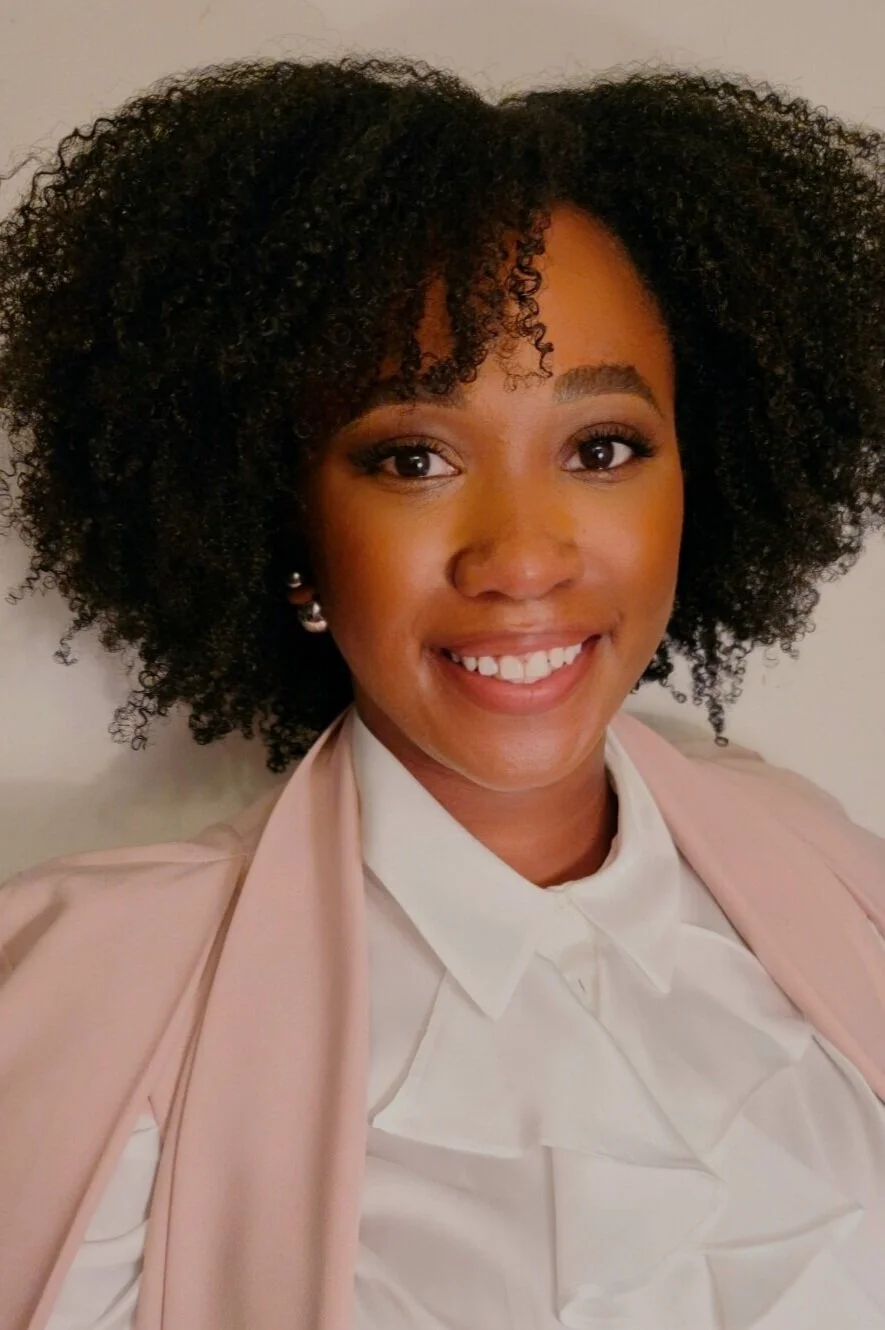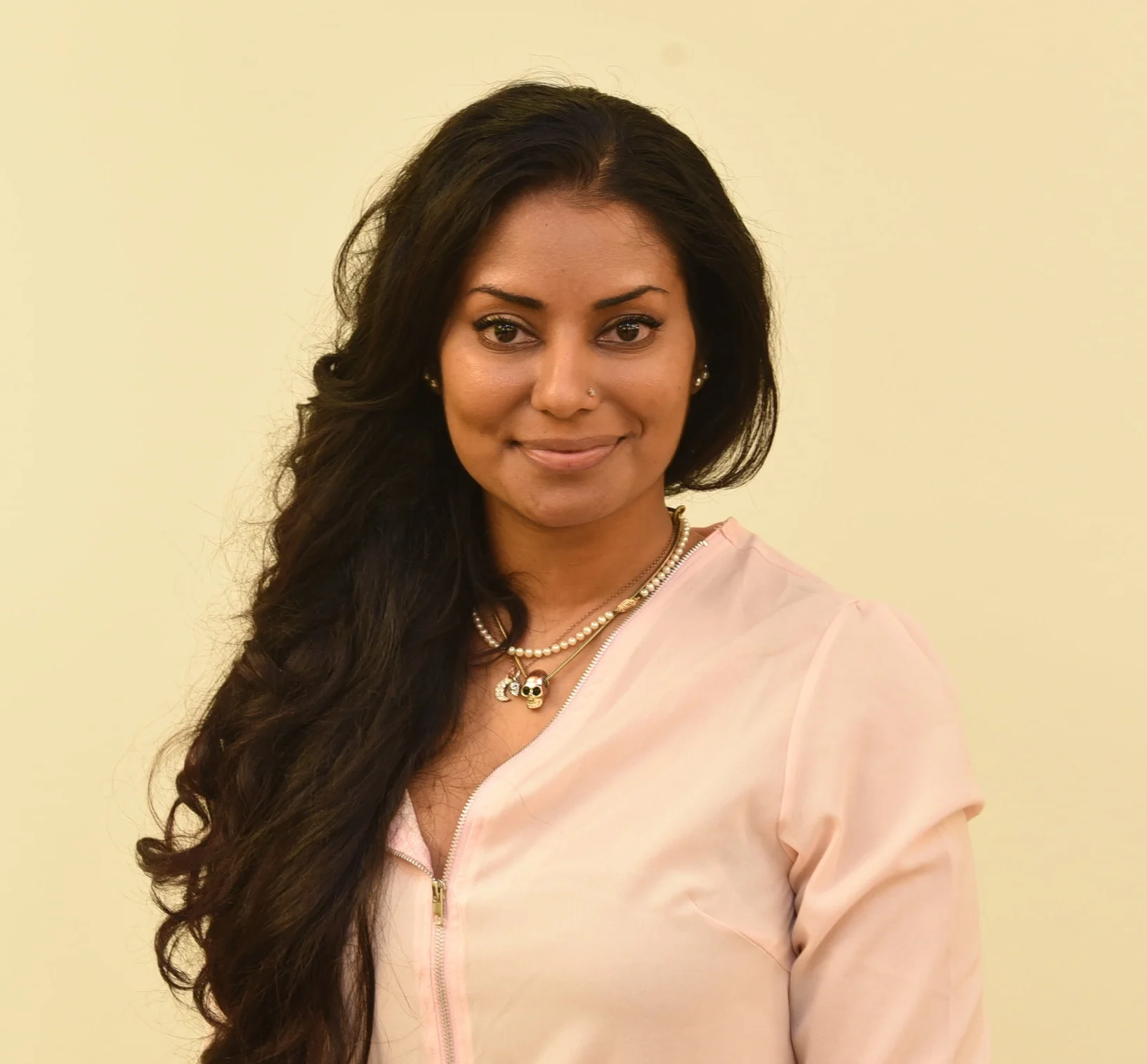Top 25 Canadian Immigrant Award winner research is on diabetes treatment
October 23, 2020
It was evident at a young age that Krishana Sankar was a star in the making.
One of two Guyanese students with the highest marks in the Caribbean Secondary Education Certificate exams 18 years ago, the recent PhD graduate is a 2020 Top 25 Canadian Immigrant Award winner.
Presented by ‘Canadian Immigrant’ magazine and sponsored by Royal Bank of Canada, the program was launched 11 years ago.
The winners were chosen based on a combination of nationwide online voting and judges’ scores.
This year, a record number of votes – more than 72,000 – was cast.
“I am very humbled by the honour,” Sankar said. “I guess in my mind it feels like the 18 years I have been in Canada has been a long time, but it hasn’t in terms of how much I have done and what I have been able to achieve in that period. I am here to get things done and be of service to others.”
The University of Toronto doctoral graduate research combines biology and engineering techniques to improve islet transplantation for diabetes treatment.
Diabetes runs in Sankar’s family and affects one in four people over the age of 65.
“With people with Type 1 diabetes, it just simply means that their body is killing off the cells that make insulin that’s important to regulate blood sugar levels,” she said. “Most people are dependent on that same hormone that the body is unable to make. Most Type 1 diabetics tend to take insulin through injections or a pump. One of the main issues with that is because it is being taken manually, people can’t tell how much insulin they may need prior to and after eating and exercising and different things like that. That is because people are managing it externally.”
Islets are the tiny organs in the body that make insulin.
“For someone with really bad Type 1 diabetes, they can get islets transplanted from someone who passed away recently,” she added. “Ensuring that the blood vessels in the islets can reconnect with the person who is getting them is critical. My research looks to promote that process to ensure that the blood vessels stick around longer so that when they are transplanted into a new patient, that person can become independent of taking insulin externally.”
Sankar was turned on to research after enrolling at U of T for undergraduate studies.
She completed her Honours Bachelor of Science in Molecular & Cellular Biology, Human Biology and Physiology.
“In high school, I met a cardiologist who was practicing in the United States and I thought I wanted to become a medical doctor specializing in cardiology,” said Sankar who co-founded the U of T Diabetes Canada chapter and Women of Colour in STEAMM Canada (WoCScan) that’s a non-profit advocating for minorities in Science, Technology, Engineering, Arts, Mathematics & Medicine.
“When I started university here and was introduced to research which I didn’t know about, I fell in love with it and did it throughout my undergraduate years. That’s the reason why I decided that instead of going to medical school, I would go to graduate school and pursue a PhD instead just because of my love of research.”
Sankar also had an interest in astronomy.
“As a young child, I would go to the library, read the new astronomy books that came in and then hide them so that no else could get their hands on them,” she said. “I would return to the library a few days later to read them again.”
Last March, Sankar joined COVID-19 Resources Canada that’s a central hub designed to help those involved in COVID-19 research and development in Canada to locate human resources, expertise, reagents, equipment and information in a timely manner.
She’s leading the science communication platform and managing the volunteer base, matching people within certain research and lab skills.
“I am sending our written articles to dispel misinformation and accurately convey what’s happening around COVID-19, developing content and managing teams that are going out to rural areas in Canada for round-table discussions with experts and community members,” Sankar, who just started teaching at her alma mater, said.
Family support is the most essential factor in people’s success.
Sankar’s mother, Sabrena Sankar, and maternal grandmother, Winifred DeAbreu, are her strongest pillars.
“They have been major support systems for me,” she noted. “My mom is a very strong force and influence in my life who taught me a great deal about resilience. She has been my rock. My grandma is that person who I can lean on if I am having a difficult day. She listens to me and provides good advice.”
Her father, commercial pilot Krishna Sankar, died in an aviation accident in Guyana’s interior in June 1998. He was the nephew of late businessman Kayman Sankar who owned an aviation company.
“My dad would be very happy and proud not only because of the things I have accomplished, but the way in which I have managed to do so,” Sankar said. “From him, I learnt about service which he was all about, inclusiveness which he embraced and humility.”
Dr. Krishana Sankar
Though leading a busy professional career, she’s passionate about maintaining a healthy and balanced lifestyle.
Sankar is a trained ballerina who played the piano and squash and started teaching Zumba virtually in April.
“I am a very active person like my dad and I was no longer able to go to the gym after the pandemic struck,” she said. “I also love to hike which is something I have been doing for the last four years.”
The founder of GradWriteSlack, that’s a global academic writing and mental health support group, is the eldest of three sisters.
Shivanni Sankar, the middle sibling, is a conflict management and business services professional with the provincial government while Sangeeta Sankar is a public health nurse in Peel.







